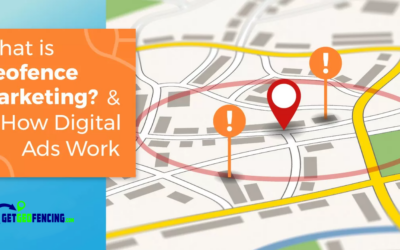Are you looking to harness the power of location intelligence to supercharge your marketing efforts? Look no further than geo-marketing tools. In today’s digital age, understanding your customers’ geographical context is essential for delivering targeted and personalized experiences. Geo-marketing tools provide you with the ability to analyze location data and gain valuable insights into consumer behavior, preferences, and trends.
With geo-marketing tools, you can create hyper-targeted campaigns that resonate with your audience on a local level. By leveraging location-based data, you can tailor your messaging, offers, and promotions to specific regions, cities, or even neighborhoods. This level of precision allows you to connect with your customers on a deeper level and increase the likelihood of conversion.
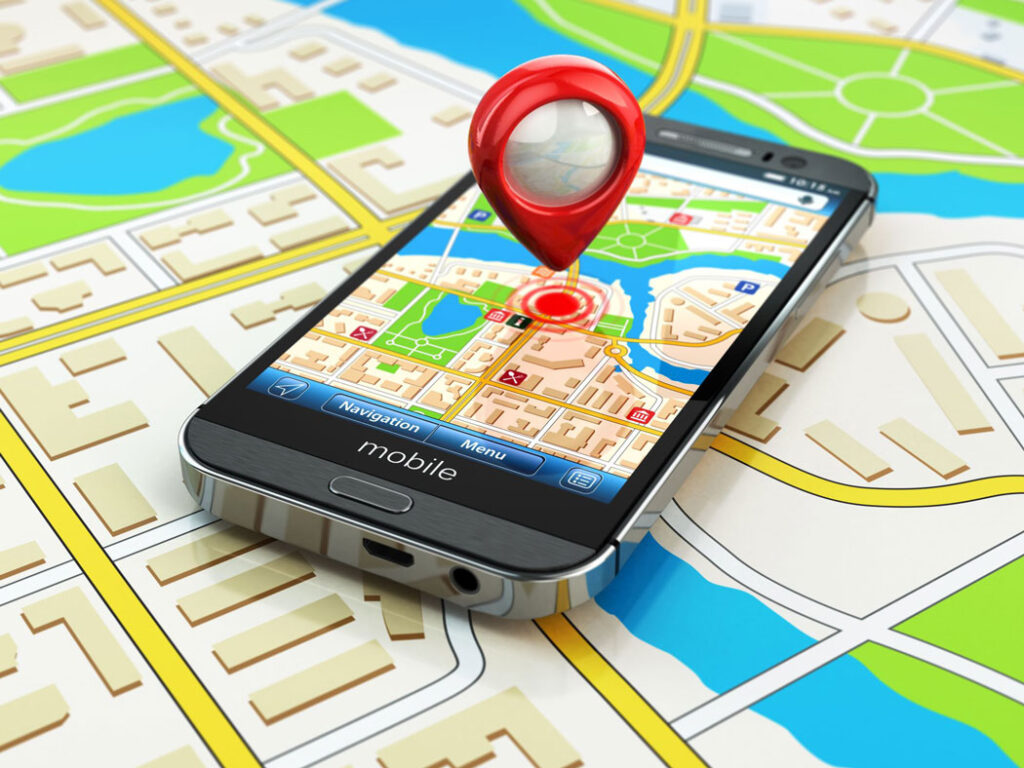
Why geo-marketing is important for businesses
In an increasingly competitive marketplace, businesses need every advantage they can get. Geo-marketing offers a unique opportunity to gain a deeper understanding of your target audience and effectively target your marketing efforts. By incorporating location data into your marketing strategies, you can unlock a wealth of insights that can drive your business forward.
One of the primary reasons why geo-marketing is important for businesses is that it allows you to deliver highly targeted and personalized experiences to your customers. By understanding where your customers are located, you can tailor your messaging and offers to their specific needs and preferences. This level of personalization not only enhances the customer experience but also increases the likelihood of conversion and customer loyalty.
Another key benefit of geo-marketing is the ability to identify and capitalize on local trends and preferences. By analyzing location data, businesses can gain valuable insights into consumer behavior within specific regions or neighborhoods. This information can be used to optimize marketing campaigns, develop targeted promotions, and even identify new market opportunities.

Benefits of using geo-marketing tools
Geo-marketing tools offer a range of benefits that can significantly impact your marketing efforts and business outcomes. Let’s explore some of the key advantages of using these tools:
- Hyper-targeted campaigns: With geo-marketing tools, you can create highly targeted campaigns that resonate with your audience on a local level. By leveraging location data, you can tailor your messaging, offers, and promotions to specific regions, cities, or even neighborhoods. This level of precision allows you to connect with your customers on a deeper level and increase the likelihood of conversion.
- Personalization: Geo-marketing tools enable businesses to deliver personalized experiences based on a customer’s location. By understanding where your customers are located, you can customize your messaging and offers to their specific needs and preferences. This personalization not only enhances the customer experience but also increases the likelihood of conversion and customer loyalty.
- Improved customer engagement: By leveraging location-based data, businesses can engage with customers at the right time and place. Geo-marketing tools offer features like geofencing, which enables you to trigger location-based notifications or advertisements when customers enter a specific geographic area. This technology allows you to capture their attention and drive foot traffic to your brick-and-mortar locations.
- Better insights and decision-making: Geo-marketing tools provide businesses with valuable insights into consumer behavior, preferences, and trends. By analyzing location data, businesses can identify local trends, understand customer preferences, and optimize marketing campaigns accordingly. These insights can inform strategic decision-making and help businesses stay ahead of the competition.
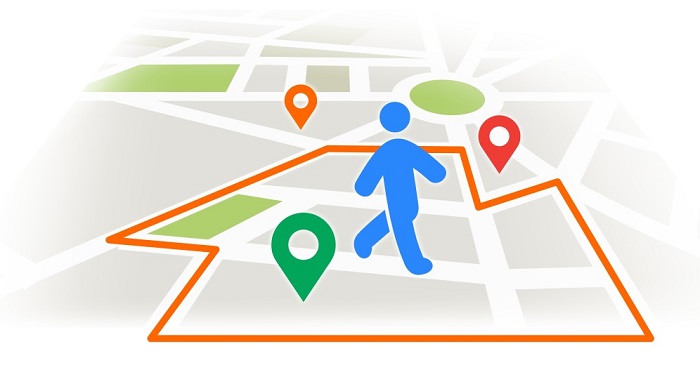
Popular geo-marketing tools in the market
When it comes to geo-marketing tools, there are several options available in the market. Each tool offers unique features and capabilities to help businesses leverage the power of location intelligence. Let’s take a look at some of the popular geo-marketing tools:
- Google Maps Platform: Google Maps Platform offers a range of APIs and tools to help businesses incorporate location data into their applications and websites. With features like geocoding, geolocation, and routing, businesses can enhance their customer experiences and optimize their marketing efforts.
- Esri ArcGIS: Esri ArcGIS is a powerful mapping and spatial analytics platform that allows businesses to visualize and analyze location data. With ArcGIS, businesses can create interactive maps, perform spatial analysis, and gain valuable insights into consumer behavior.
- Foursquare: Foursquare is a location-based social networking platform that provides businesses with access to a wealth of location data. With Foursquare’s Places API, businesses can leverage location intelligence to personalize their marketing efforts and target their messaging to specific locations.
- Facebook Places: Facebook Places allows businesses to create location-based pages and target their advertising efforts to specific geographic areas. With features like local awareness ads, businesses can reach customers in their vicinity and drive foot traffic to their physical locations.

How to choose the right geo-marketing tool for your business
Choosing the right geo-marketing tool for your business can be a daunting task. With so many options available, it’s important to consider your specific needs and goals. Here are some factors to consider when selecting a geo-marketing tool:
- Features and capabilities: Evaluate the features and capabilities offered by each tool and determine which ones align with your business objectives. Consider whether you need features like geofencing, geocoding, or spatial analysis, and choose a tool that provides the functionality you require.
- Scalability and flexibility: Consider the scalability and flexibility of the tool. Will it be able to accommodate your business’s growth and evolving needs? Ensure that the tool can integrate with your existing systems and workflows seamlessly.
- Ease of use: Look for a tool that is user-friendly and easy to navigate. Consider the learning curve associated with each tool and whether your team will require extensive training to use it effectively.
- Cost: Consider the cost implications of each tool. Evaluate whether the pricing structure aligns with your budget and whether the tool offers a good return on investment.
By considering these factors, you can choose a geo-marketing tool that will effectively meet your business’s needs and drive results.

Implementing geo-marketing strategies with tools
Once you have selected a geo-marketing tool, it’s time to implement your strategies. Here are some steps to guide you through the process:
- Define your objectives: Clearly define your marketing objectives and how you plan to leverage location data to achieve them. Whether it’s increasing foot traffic to your physical locations, driving online conversions, or expanding into new markets, ensure that your objectives are well-defined.
- Collect and analyze location data: Use your chosen geo-marketing tool to collect and analyze location data. This may include data from your customers, competitors, or even public data sources. By analyzing this data, you can gain valuable insights into consumer behavior and preferences.
- Segment your audience: Use the location data to segment your audience into specific regions, cities, or neighborhoods. By understanding the characteristics and preferences of each segment, you can tailor your messaging and offers accordingly.
- Develop targeted campaigns: Develop hyper-targeted campaigns that resonate with each segment. Customize your messaging, offers, and promotions to the specific needs and preferences of each location. This level of personalization will enhance the customer experience and increase the likelihood of conversion.
- Measure and optimize: Continuously measure the performance of your geo-marketing campaigns and optimize them based on the insights gained. Use A/B testing and analytics to identify what works and what doesn’t, and make adjustments accordingly.
By following these steps, you can effectively implement geo-marketing strategies using your chosen tools and maximize the impact of your marketing efforts.
Case studies of successful geo-marketing campaigns
To illustrate the power of geo-marketing tools, let’s take a look at some real-world case studies of successful campaigns:
- Starbucks: Starbucks used geo-marketing to target customers near their physical locations with personalized offers and promotions. By leveraging location data, Starbucks was able to drive foot traffic to their stores and increase sales.
- Nike: Nike used geo-targeting to deliver personalized advertisements to customers based on their location and local events. By tailoring their messaging to specific regions, Nike was able to connect with customers on a deeper level and increase brand engagement.
- Uber: Uber used geo-fencing to trigger location-based notifications and incentives when customers entered a specific geographic area. This strategy helped Uber increase user engagement and drive customer loyalty.
These case studies demonstrate the power of geo-marketing tools in driving business outcomes and delivering personalized experiences to customers.
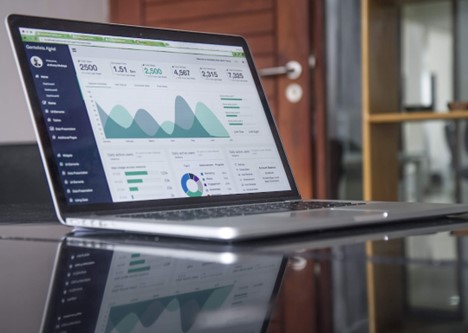
Best practices for using geo-marketing tools
To make the most of your geo-marketing efforts, here are some best practices to keep in mind:
- Respect privacy: Ensure that you are transparent about the collection and use of location data. Obtain consent from your customers and comply with privacy regulations to build trust.
- Test and iterate: Continuously test and iterate your campaigns to optimize their performance. Use analytics and A/B testing to identify what works and what doesn’t, and make adjustments accordingly.
- Combine with other data sources: Consider integrating location data with other data sources to gain a more comprehensive understanding of your customers. By combining location data with demographic or behavioral data, you can create even more targeted campaigns.
- Monitor and measure: Continuously monitor the performance of your geo-marketing campaigns and measure their impact on your business outcomes. Use key performance indicators (KPIs) to track your progress and make data-driven decisions.
By following these best practices, you can maximize the effectiveness of your geo-marketing efforts and drive meaningful results for your business.
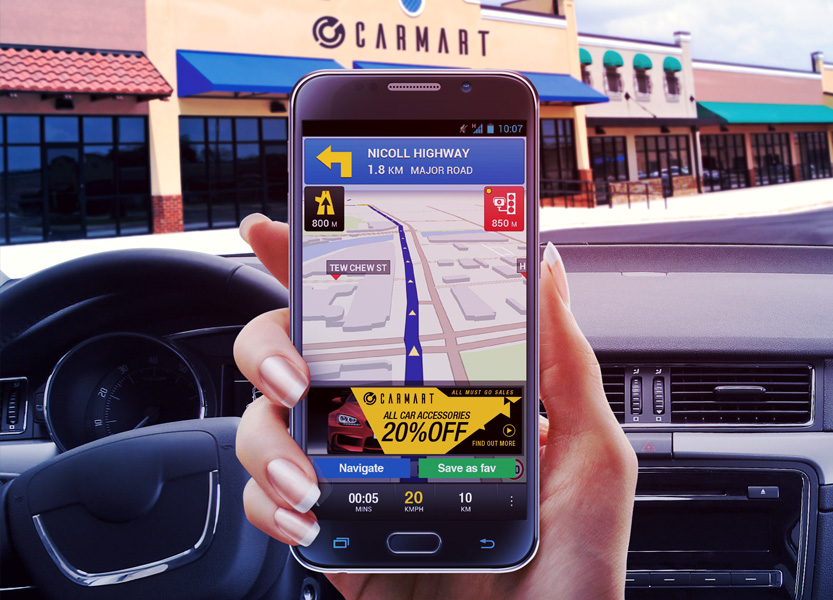
Challenges and limitations of geo-marketing tools
While geo-marketing tools offer numerous benefits, it’s important to acknowledge the challenges and limitations associated with their use. Some of the common challenges include:
- Data accuracy: Location data may not always be accurate or up to date. Factors like GPS inaccuracies and outdated mapping data can impact the effectiveness of your geo-marketing campaigns.
- Privacy concerns: Collecting and using location data raises privacy concerns. It’s important to ensure that you are transparent about the collection and use of location data and comply with privacy regulations.
- Limited reach: Geo-marketing strategies may not be suitable for businesses with a global or national target audience. These strategies are most effective when targeting specific regions or local areas.
- Resource-intensive: Implementing geo-marketing strategies can be resource-intensive, requiring the right tools, data, and expertise. Small businesses with limited resources may face challenges in adopting and implementing these strategies.
It’s important to consider these challenges and limitations when implementing geo-marketing strategies and to find solutions that best align with your business’s needs and capabilities.

Conclusion: The future of geo-marketing tools
In conclusion, geo-marketing tools offer businesses the ability to harness the power of location intelligence and deliver targeted and personalized experiences to their customers. By leveraging location-based data, businesses can create hyper-targeted campaigns, engage with customers at the right time and place, and gain valuable insights into consumer behavior and preferences.
As technology continues to advance, the capabilities of geo-marketing tools will only become more sophisticated. From AI-powered predictive analytics to real-time location tracking, the future of geo-marketing tools holds immense potential for businesses to drive their marketing strategies forward.
Don’t miss out on the opportunities that geo-marketing tools can unlock for your business. Stay ahead of the competition by leveraging the power of location intelligence to elevate your marketing strategies and connect with your customers like never before. Embrace geo-marketing tools and unlock the power of location for your business’s success.


